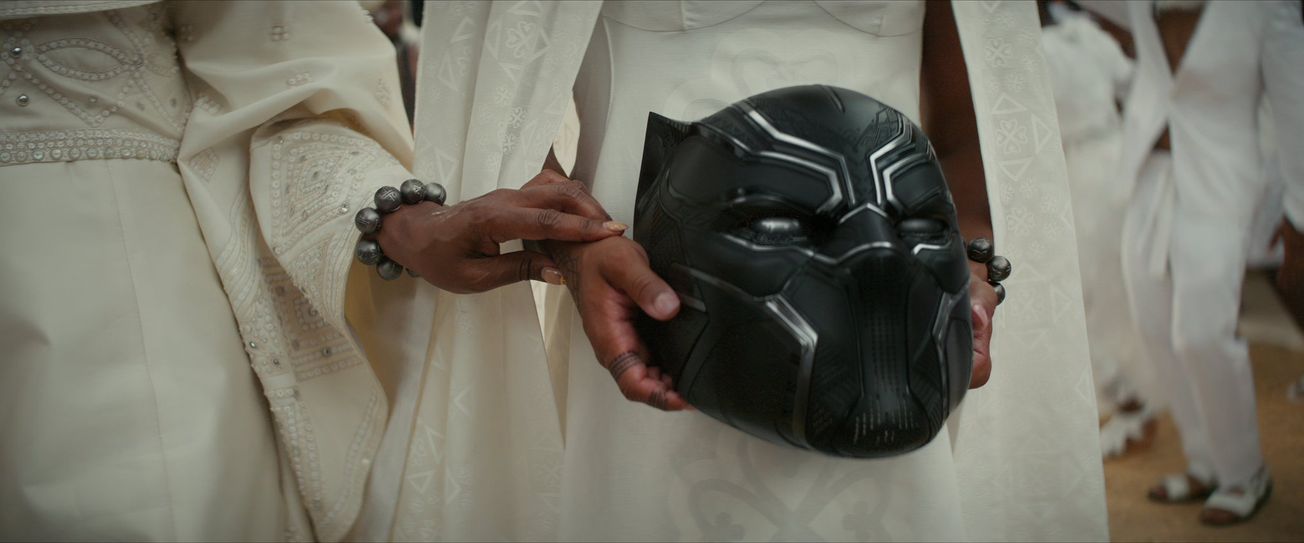By Chiyedza Zunzanyika, Third Year, Law
Director Ryan Coogler had an impossible mission ahead of him. He had to re-write a blockbuster Marvel movie script without its main protagonist, without one of his closest friends, in complete shock and agony. Yet somehow, the impossible was achieved.
It would be impossible to review this movie without mentioning the untimely death of Chadwick Boseman; a once in a lifetime actor who simultaneously exuded grace, excellence, and strength. He meticulously crafted his performances in movies like Marshall (2017), Get On Up (2014) and Black Panther (2018), in which he brought to life a super-hero whose impact and influence transcended the screen and empowered a whole generation of black people within and a part of diasporic Africa. He was an icon whose absence in this film was palpable- you could see the sorrow in the cast and feel the sorrow in the audience.
Watching Wakanda Forever (2022) could not have been more different and less cheerful than watching its prequel in 2018. Despite this, in Marvel-esque fashion, it somehow was able to retain elements of excitement, humour and heart.
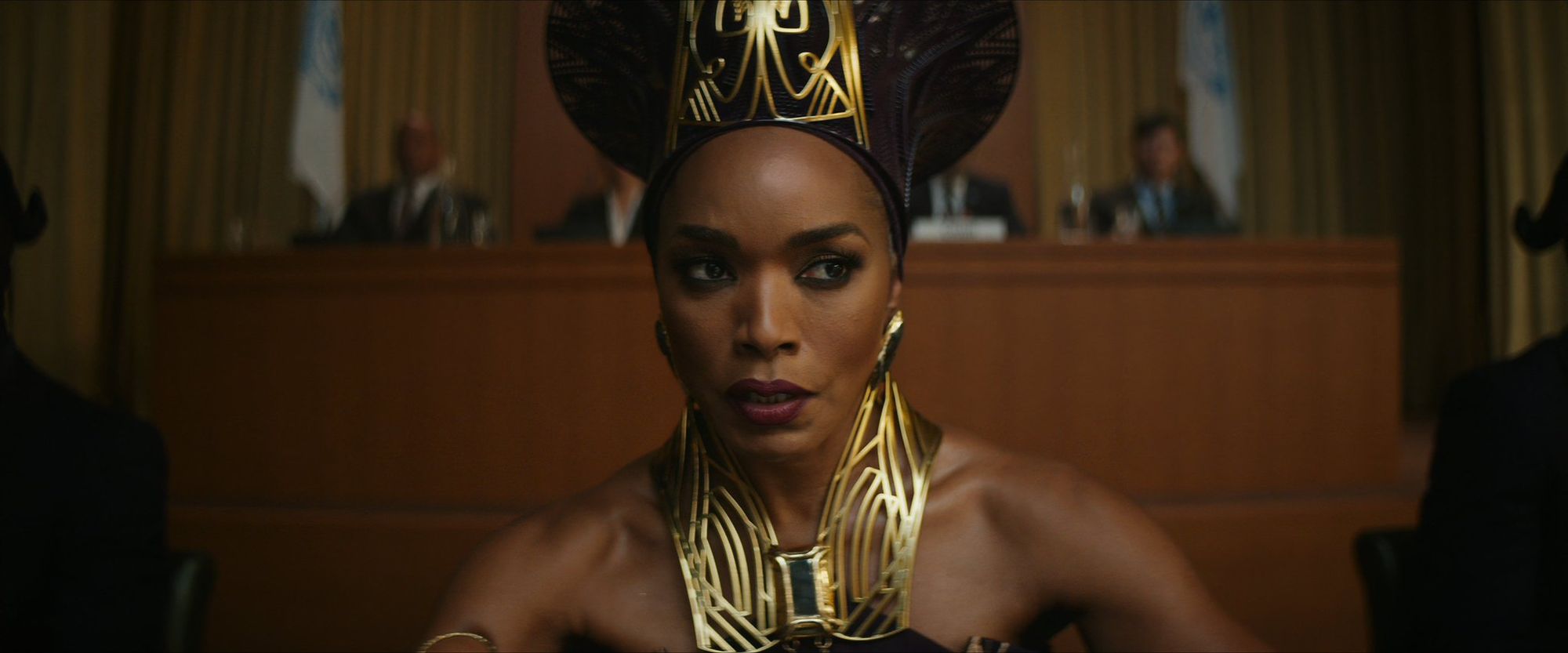
This intensity of emotion is felt right at the beginning of the film- as the once fiery and exciting cast of black heroines and heroes mourn the death of a king. Grief has never been so widely explored in a Marvel movie.
We see how it affects Queen Ramonda (played graciously by Angela Bassett), how it toils with Shuri’s (Letitia Wright) intellectual and emotional abilities and leaves Wakanda feeling somewhat bare and open.
To make matters worse, Wakanda faces new geo-political challenges as there is mounting pressure for her to share the precious resource of vibranium – the most powerful metal in the Marvel Cinematic Universe.
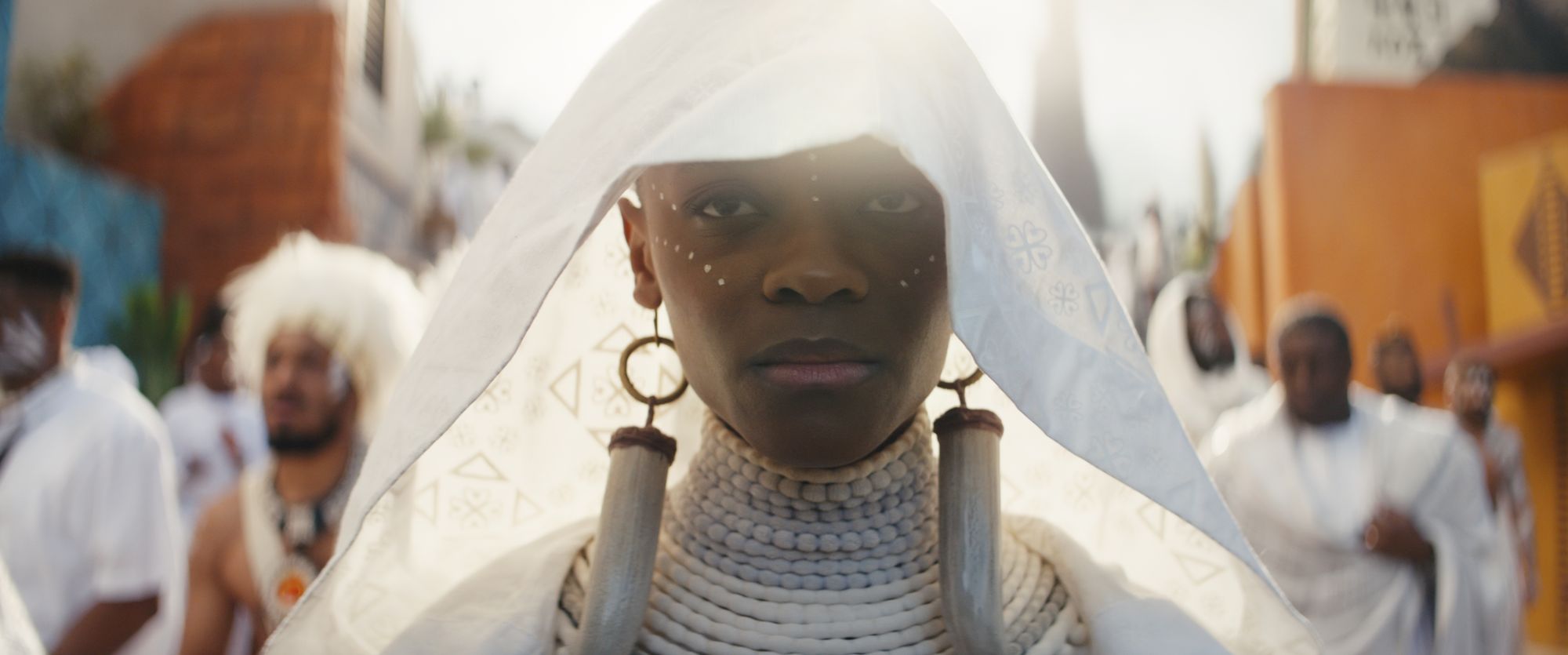
You cannot look at the international bodies’ frustration with Wakanda without holistically looking at the past, present, and future exploitation of current African economies.
Vibranium can easily be replaced with resources like oil, platinum, or gold- all of which certain powers feel entitled to because of some form of racial or ethnic superiority.
The use of France as the democratic, peace-loving nation in the film must have also been a subtle nudge to the country’s current and historical actions in Africa.
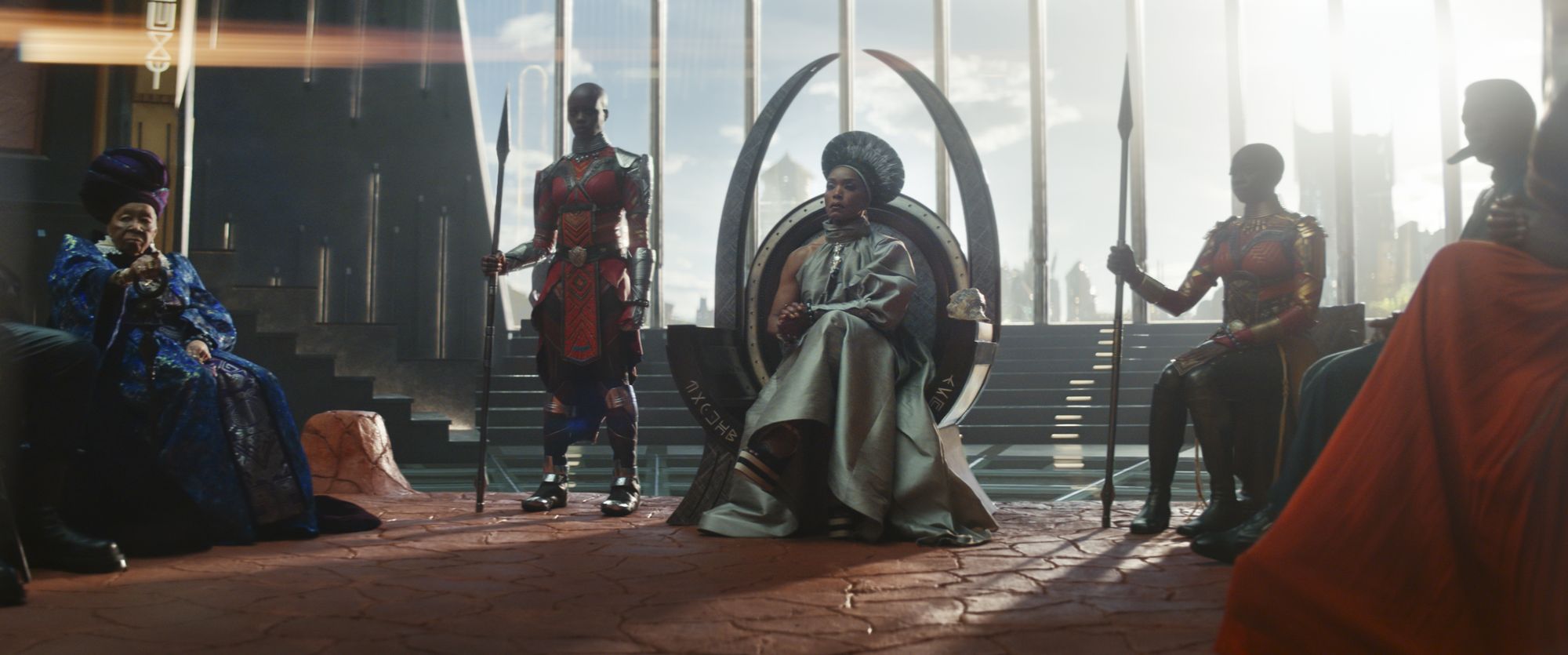
Bassett gives a stellar performance as she leads her nation in confidence and wisdom without compromising her own emotions and allowing herself to grieve. The original cast of Danai Gurira (Okoye), Winston Duke (M’Baku), Wright and newcomer Dominique Thorne (Riri Willaims) gave impressively heartfelt and entertaining performances as well.
The villain of this film, as Coogler notes, is not actually a villain, but an antagonist who is simply going against the protagonist. Namor (fiercely portrayed by Tenoch Huerta) is the mutant king of Talokan - a powerful underwater kingdom which also wields the power of vibramium.
Not only is it easy to sympathise with his motives, but his sheer magnetism makes you want to see more and more of him.
The introduction of Namor also offered an important and rarely seen representation of indigenous natives from Mexico and Latin America in the MCU and mainstream movies.
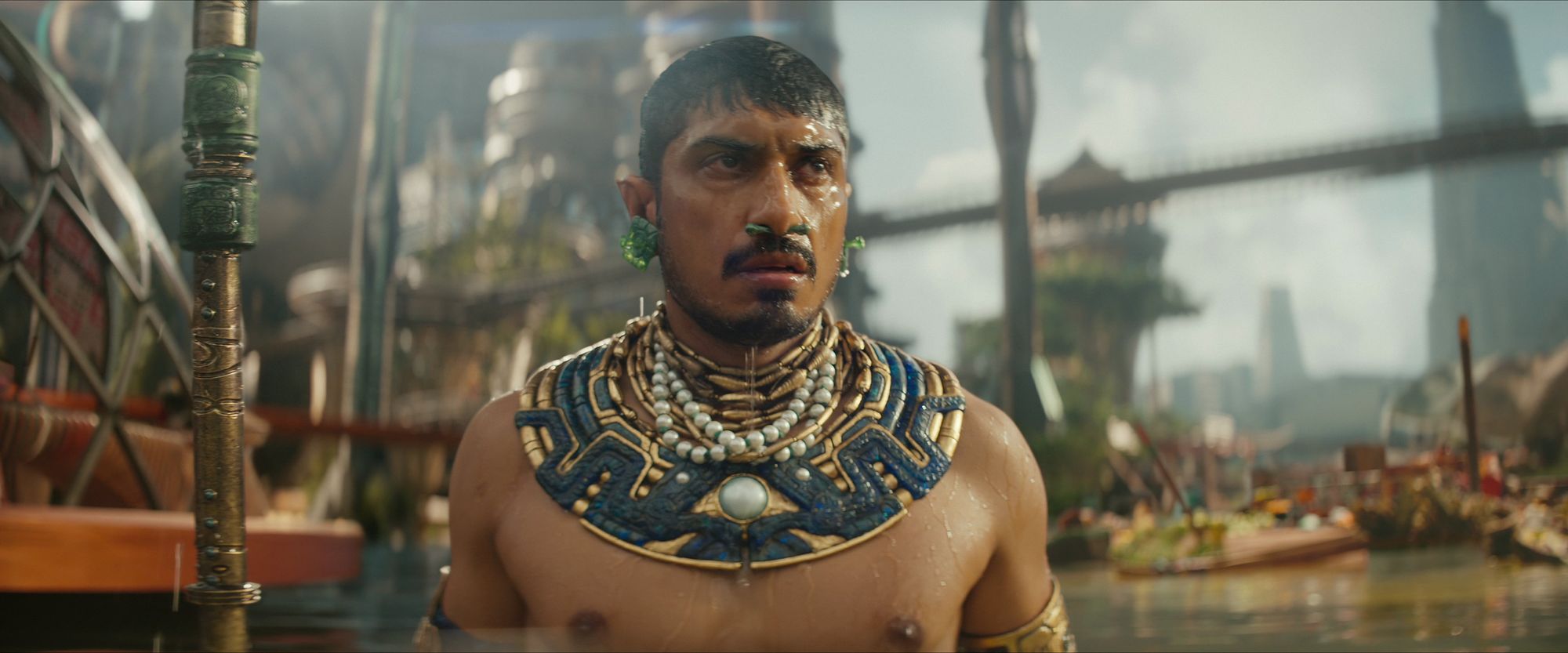
What is remarkable about the conflict between the Talokan and Wakandans is the fact that they have such intertwined stories and grievances- both having escaped the clutches of colonialism and developed into independent, strong nations.
They both seek to guard the resources and wealth of their nations- not in an expansionist or imperialistic manner- but for the independence, protection and dignity of their people. It is peculiar, however, that in Black Panther there is always an acknowledgement of who the fundamental ‘enemy’ is- but never actually a real, combative challenge to that enemy.
As one commentator stated, the Wakandans always fight other victims of colonization as opposed to the colonizers themselves.
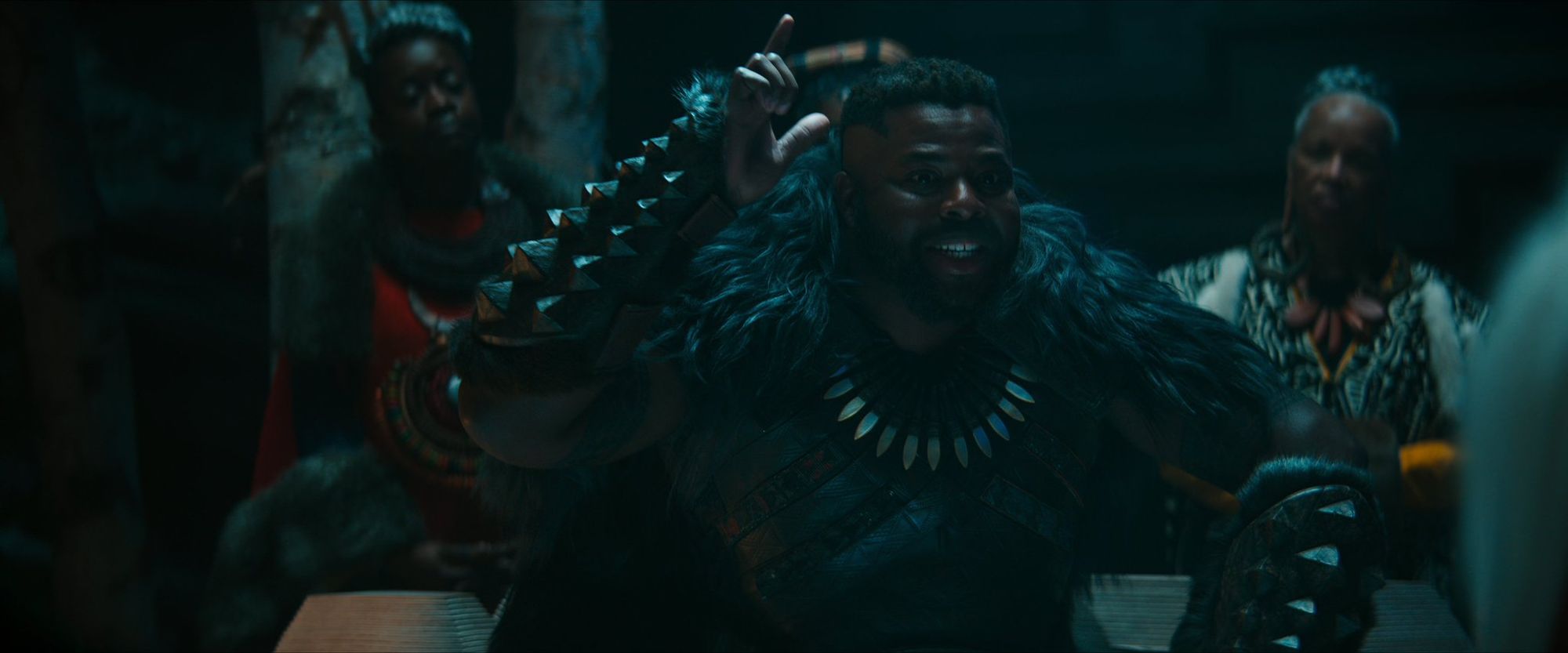
The styling in Wakanda Forever was nothing short of excellent, showcasing breathtaking designs from across the continent and bringing to life a fictional culture and people in bright colours and patterns.
The soundtrack drew you in with modern-day Afrobeat and Amapiano tracks enhanced by pounding rhythmic drums with an Afro-futuristic twist.
Despite its successes, there were some technical errors in the film, including the hodgepodge of accents and languages, improved yet still uncompelling CGI and strange decisions in pacing.
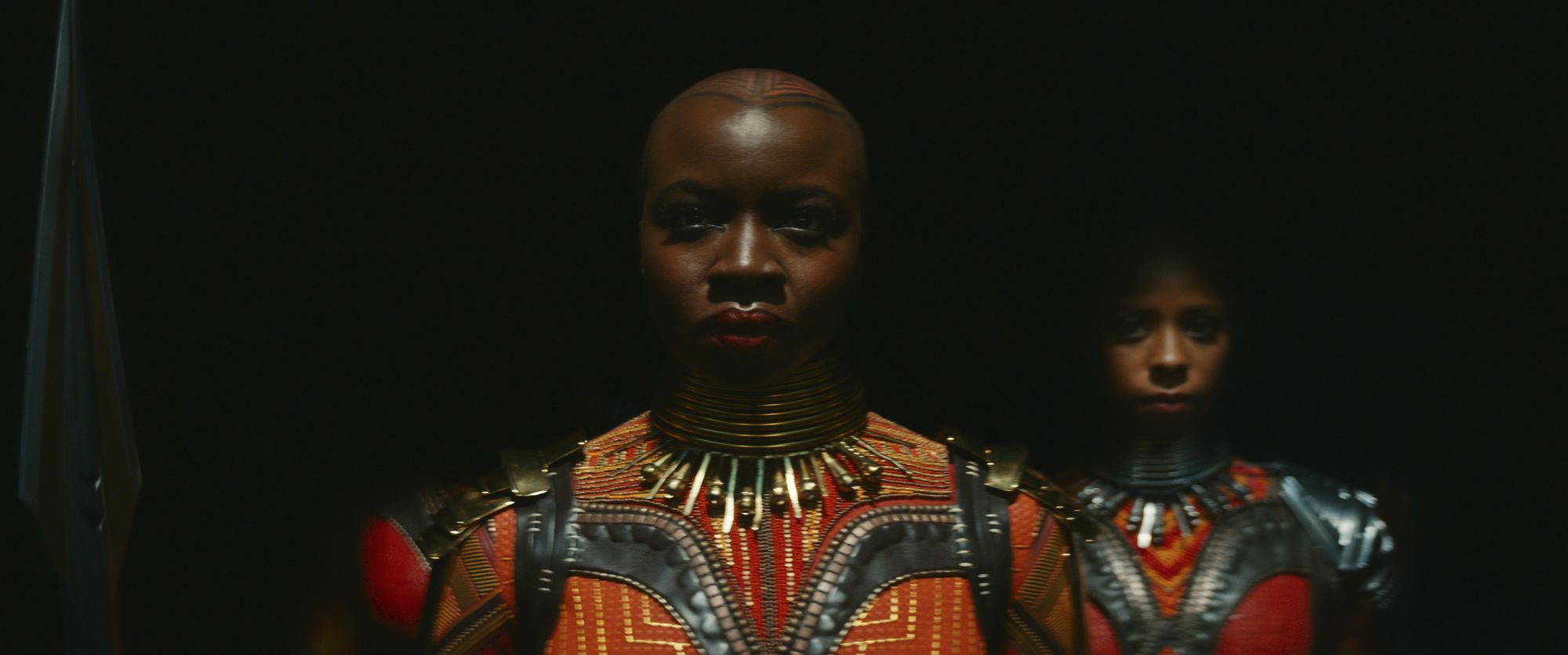
Black Panther has, however, never been a super-hero franchise that can be described, analyzed or picked apart in the same way other Marvel or other action films are; the cultural significance of a black, African country fulfilling its potential and exemplifying cultural and innovative strength is something that is rarely seen on the big screen and is so needed in contemporary socio-political dialogue. That’s why the original film still holds such a powerful position in black and pan-African spaces today, as well as in pop culture, sport and film.
In Wakanda Forever, it was clear, however, that they simply couldn’t create the same magic that the first film possessed, but we cannot deny how commendable it is that they tried.
Featured Image: Cedric Dumler/Marvel Studios on IMDB
Did you think this sequel lived up to Black Panther?

